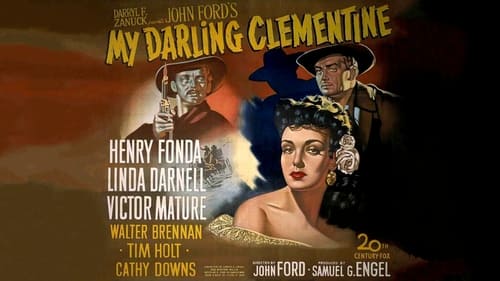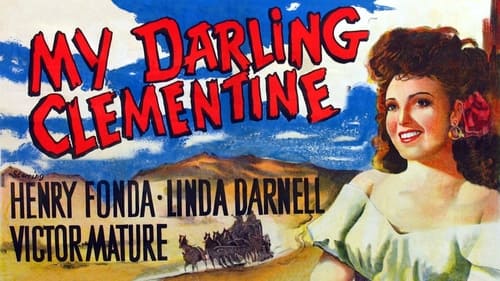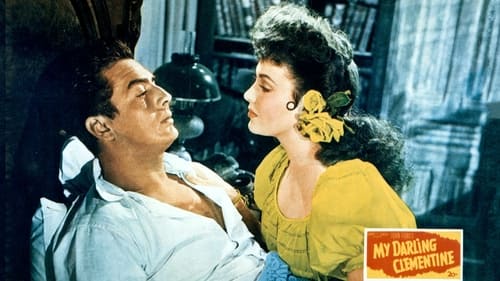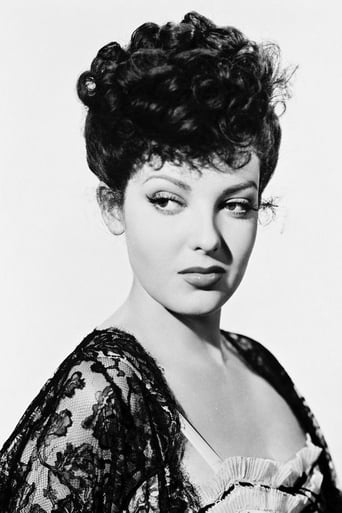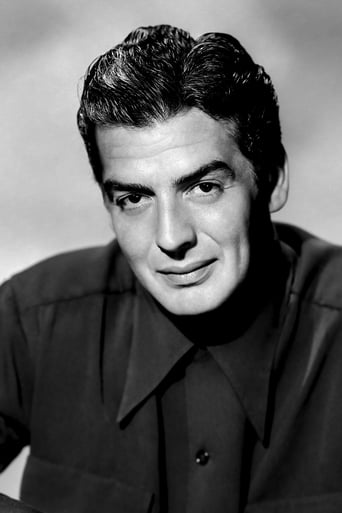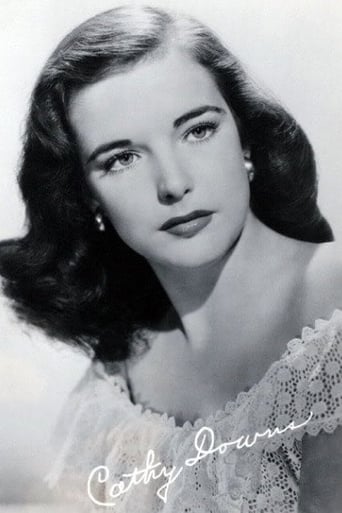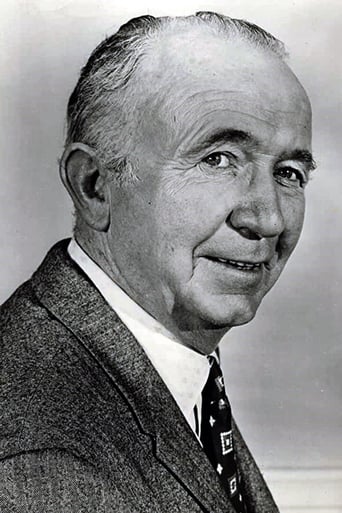Fella_shibby
Recently i have been on a spree of revisiting old Westerns, specially the ones dealing with the Gunfight at the O.K. Corral.
There are many versions based on it but nothing better than revisiting John Fords masterpiece n since Ford was friends with the real Wyatt Earp, maybe his version is more truer n it is undoubtedly the best version according to me.
I saw this film for the first time in the early 90s on a vhs. Revisited it few days back on a blu-ray.
In this version, we see the Earp brothers driving their cattle to the outskirts of Tombstone. The cattle has come under the eyes of the notorious old man Clanton (Brennan) and his sons. Senior Clanton offers Wyatt Earp (Fonda) a price for the cattle but his offer is rejected by Earp. Unwillingly Wyatt Earp takes up the job of a Marshall after his youngest brother is murdered n their cattle stolen. We also have a character of Doc Holliday played by the underrated Victor Mature but i have always liked Val Kilmers portrayal of Doc much better.
This is truly an outstanding film from John Ford that features an incredible performance from Henry Fonda.
The black and white cinematography is stunning. The opening sequence which has the credits etched on a signpost n the Monument Valley shows how great black and white photography can be. The film has great shots, from wide to close-ups where darkness is properly used.
The images has struck with me for years, Fonda sitting in a chair on the boardwalk, tipped back on the rear legs with his leg propped against a post as he watches the town and a badly shot Mature calmly looking through the poles of a corral, his hand holding a white handkerchief near his head.
Hitchcoc
If you have read anything about the Earps, you know immediately that this is an historical travesty. Of course, that doesn't matter. I'd like to know which cattle drive the Earp brothers went on when the youngest got killed. The whole thing with Wyatt was about him as a politician. He also had a sad history with women. Now, throw that all aside and assume this movie has nothing to do with the famous family. Well, they do have the same names. By making Wyatt a squeaky clean, heroic figure, we open the door to his treatment of the bad guys. Of course, he now also has the goal of avenging his brother's murder. Hollywood also throws in a romantic element and we're off. We know that the Clantons are lurking and something is going to have to be done about them. I get a big kick out of this movie. In addition to Henry Fonda, there are some superb characters that are unforgettable.
James Hitchcock
Despite the title, this film does not tell the story of the "miner, forty-niner", who dwelt with his daughter "in a cavern, in a canyon, excavating for a mine" during the California Gold Rush. It is rather one of several Westerns about Wyatt Earp and the Gunfight at the OK Corral, although "Oh My Darling, Clementine" serves as the theme song, even though it was not written until 1884, three years after the Gunfight. That, however, is far from being the only liberty which this movie takes with history. In this version the Earp brothers are driving cattle to California and are passing through Tombstone when their cattle are rustled and James, the youngest brother, is shot dead by the Clanton gang under the leadership of their patriarch Old Man Clanton. Seeking to avenge his brother's murder, Wyatt takes the job of town marshal and makes the acquaintance of Doc Holliday, originally a surgeon from Boston but now a local gambler. The two men initially take a dislike to one another, but realise that they need to work together against the Clantons, especially after another Earp brother, Virgil, is murdered by them. During the Gunfight Wyatt, his surviving brother Morgan and Doc take on the Clantons; they emerge victorious, but Doc is fatally wounded. Another important theme involves a love-triangle between Doc, his former sweetheart from back East, and his mistress Chihuahua, a fiery Mexican girl. (And, in the universe inhabited by Hollywood screenwriters, what Mexican girl is anything other than "fiery"?)What is wrong with the above synopsis? Well, from a historical perspective, just about everything. The Earps were never cattle drovers. James Earp was the oldest of the brothers, not the youngest, and was not murdered. He died of natural causes at the age of 85 in 1926. Old Man Clanton died before the Gunfight. Wyatt was not town marshal of Tombstone; Virgil held that position. Wyatt and Doc were close friends and knew one another before the Earps arrived in Tombstone. Doc was originally from Georgia, not Boston, and was a dentist rather than a surgeon. He survived the Gunfight unscathed, dying of tuberculosis six years later. Like James, Virgil was not murdered; he survived an attempt to kill him several months after the Gunfight (not before it) and lived until 1905. The film even gets the year and time of day wrong. The Gunfight at the O.K. Corral took place on October 26th 1881, at about 3 pm, but here the date is given as 1882 and the Gunfight takes place at dawn. Chihuahua and Doc's ex-lover are both fictitious characters. The latter is given the name Clementine Carter, presumably because the filmmakers needed to find some justification, however spurious, for their title and for using that song. There is, however, no rule which says that historical films have to be 100% historically accurate or which forbids directors and scriptwriters from rearranging historical fact in order to suit the story they want to tell. If there were such a rule, some very great films could never have been made. There seems to be a widely-held opinion that "My Darling Clementine" falls within the category of Very Great Films; an opinion I am unable to share. It may be a good film, but falls some way short of being a great one, although my reasons for saying so have nothing to do with its lack of fidelity to historical truth. Nor do they have much to do with political correctness, even though, if judged by the standards of 2014, John Ford would certainly be found wanting on that particular score, both here and in many of his other movies. Quite apart from the ethnic stereotyping of Mexican women we also have the scene where Chihuahua is unceremoniously dumped in the horse-trough and there are disobliging references to Indians as violent drunkards who should stay on their reservations and out of any places where decent white folks might live. Henry Fonda's Wyatt Earp was perhaps rather too quiet and restrained for my taste; I preferred the interpretations of Burt Lancaster in "Gunfight at the OK Corral" and Kevin Costner in "Wyatt Earp", both of whom seemed to bring a greater presence and solidity to the role. I felt that the powerfully built, healthy-looking Victor Mature was miscast as the supposedly frail, tubercular Doc; a few obviously feigned coughing-fits were not enough to convince me that he was seriously ill. The changes to the historical facts made in this film have the effect of making Holliday a tragic hero and a central figure in the story, arguably more important than Wyatt Earp himself, and I felt that Mature did not really have the scope as an actor or the range of emotions needed for the role. On the positive side the black-and-white photography of the Western landscapes is, as one might expect from Ford, wonderful, although all those shots of Monument Valley suggest that he has relocated Tombstone from Arizona into Utah. (Is it a Federal offence to transport a town across State lines?) The gunfight scene is well staged, the musical score is a fine one and there are some good performances in supporting roles, notably from two lovely young actresses, Linda Darnell and Cathy Downs, as Chihuahua and Clementine, and from Alan Mowbray as the eccentric British actor Granville Thorndyke. (His name is derived from two real British actors, Harley Granville Barker and Russell Thorndike). "My Darling Clementine" is not my favourite version of the Wyatt Earp story; that would probably be "Gunfight at the OK Corral" It is a very decent Western adventure, but I just can't see it as a great all-time classic. 7/10
dougdoepke
No need to recap the plot or echo consensus points. To me, this is one of best of Ford's westerns, beautifully staged and subtly acted. And frankly, I prefer the b&w to Technicolor since the b&w doesn't distract from the well-plotted action. Still, Ford's celebrated pictorial eye is in evidence, but in a way that complements the drama instead of competing with it. In fact, that last elegiac scene between Wyatt (Fonda and Clementine (Downs) has to be one of the most gracefully meaningful of any western I've seen. I love the lone trail leading up to the lordly stone monolith in the far distance. It's an endearing human warmth set against a boundless horizon all in the same frame. That alone is worth the price of admission. Ford may have been an artful myth-maker and a sometimes uncritical one, yet Clementine remains the most dramatically uncompromised, of his many fine horse operas.



